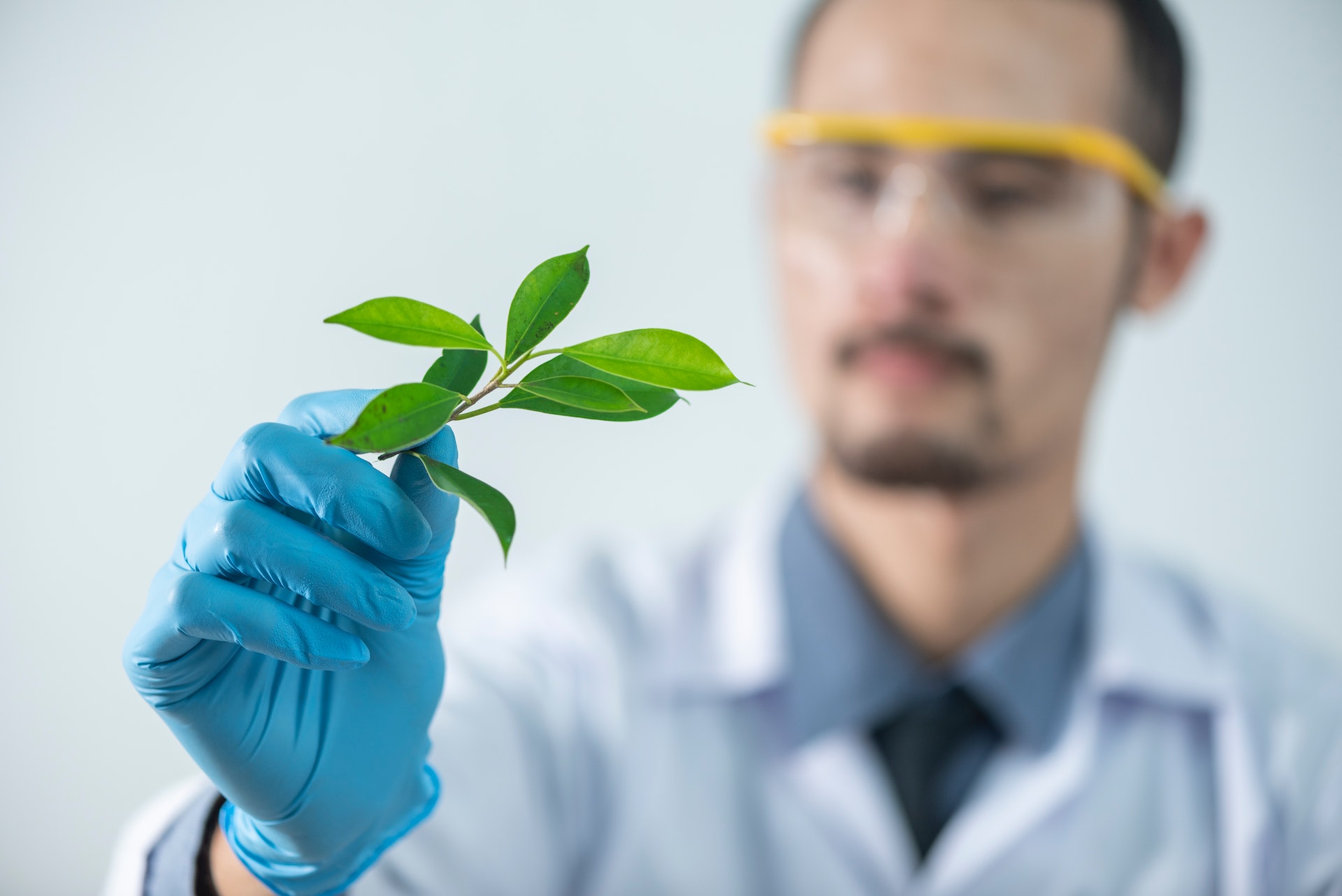Before your eyes screen this page for our expertise in herbal research, ask yourself about
If you deem, you have troubles, then take the expert support from our herbal testing laboratory!
What makes CogniBrain the most preferred point for the extraction of active compounds from plants?
We have highly proficient herbal research scientists for rapid and hi-tech extraction of plant constituents through HPTLC, high-performance column chromatography for plant extracts. Besides, our commitment towards first-rate service is the key driving factor for our proficiency in the medicinal plant research domain.
Our Specialty Areas in Herbal Research
Procurement and Processing

Preliminary Phytochemical Screening
This involves detection of alkaloids, polyphenols, flavonoids, tannins, saponins, terpenoids, glycosides, proteins and amino acids, etc through systematic phytochemical analysis of various whole plants or their parts (leaf, bark, seed, root, fruit, flower, latex, gum and resin, etc.
Extraction/ Isolation by Chromatographic and other Advanced Techniques
Evaluation of Physico-chemical and Fluorescent Characteristics
Pharmacognostic Studies
Morphological Studies
Assessment of macroscopic/ organoleptic characteristics including colour, odour, taste, size, shape, texture and special features (e.g., venation, margin, etc.).
Histological Studies
Assessment of microscopic characteristics (through sectioning; T.S., L.S.) including cell and fiber types, and special features (e.g., cuticle, stone cells, starch grains, stomata, trichomes, calcium oxalate crystals, etc.).
Preparation of Crude Extracts/ Galenicals and Enriched Fractions
Bioassay-Guided Fractionation
Semi-synthetic Drug-Chemistry
Spectral Analysis of Phytochemicals
Herbal Formulation & Evaluation
In-vitro Herbal Drug Screening
In-vivo Toxicity and Dose-fixation Studies
Herb and Drug Interaction Studies
Extraction of herbal drugs and scrutinizing their potential in the preclinical research is a holistic art
The best ethnopharmacological researchers say that finest isolation of phytochemicals from medicinal plants in not just the end-stage chromatographic process. It should start from the raw plant material collection and processing, before the plant material is subjected to the simple percolation-based extraction or HPLC/ HPTLC separation.
Bio-assay guided extraction of flavonoids from plants or isolation of alkaloids from root barks – Whatever it is. A proper protocol, laboratory expertise and complete sophistication are all obligatory for the effective phytochemical isolation.Why wait, despite you have us with you? Sign-up now and get your work done professionally and gainfully.
